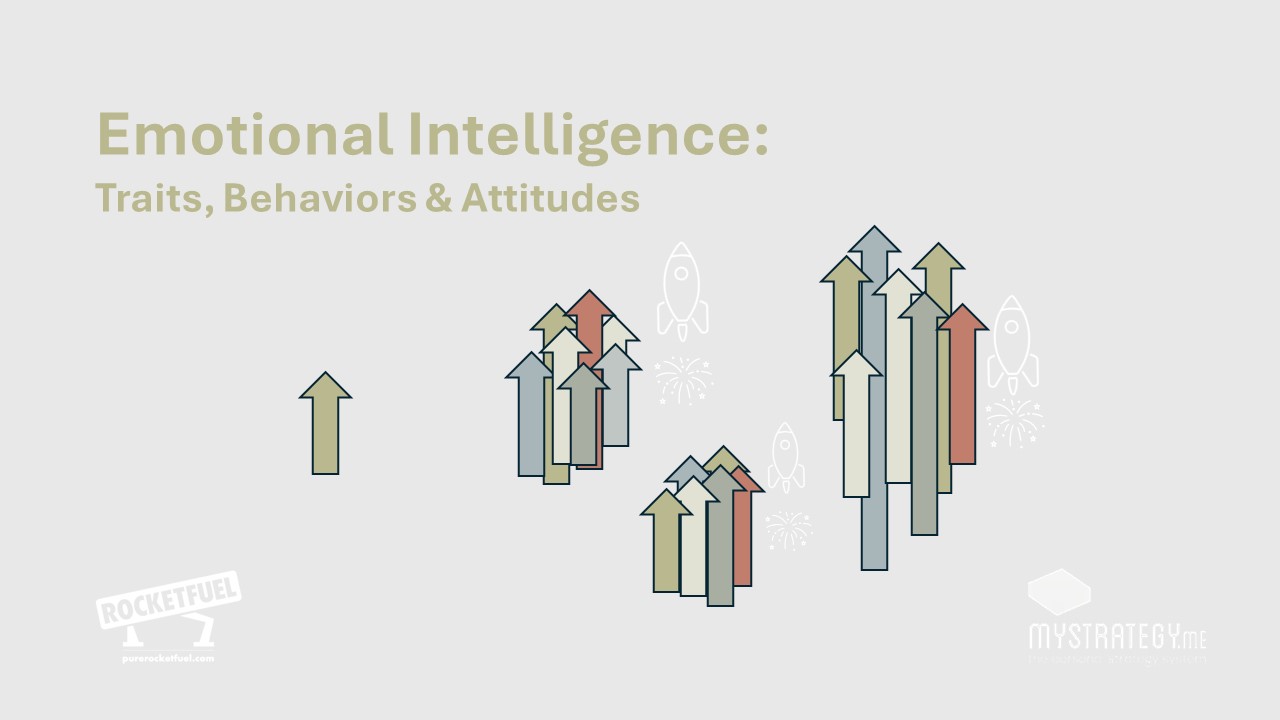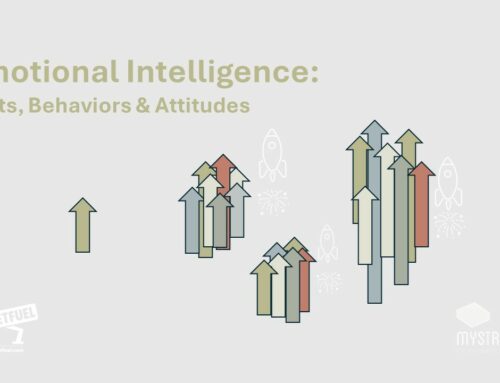
If you are not doing one thing well, chances are you are doing many things badly – or, at least, less well – says Leadership & Performance Coach, Davina Greene.
We each have only one brain, and it is really designed to cope with one thing at a time. Unfortunately, our modern world has pushed our multitasking to extremes, even in instances of fun or relaxation – be honest, how many of you have had a telephone conversation whilst watching TV and checking your social media account?
What is Multitasking?
I view multitasking from three angles:
- the Life angle, where we try to squeeze in a superhuman amount of activities across the board,
- the higher-level work angle, where we try to squeeze in a superhuman amount of projects and “extra work”, and
- the lower-level work angle, where we lose the quality of basic activities by, for example, emailing whilst sitting in a meeting (and maybe even whispering to the person beside us whilst doing both of those!).
How does multitasking affect us? It can play havoc with our self-management. We lose touch with the notion of being “in flow” – that is, of focusing on key tasks, performing them well, and having comfort that we performed them well. Our stress levels build, from the sheer volume, but also from our agitation at our own exhaustion – if we manage to give our time to people after all that work, then it becomes a lower quality of time, with a more frazzled version of us.
Research at Stanford University has recently shown that multi-tasking actually damages your brain and adversely impacts performance, leading to disorganized thoughts and poor filtering of important information. Our sense of attention is diluted, recall is less effective, and nothing ever seems to come to a clean conclusion because of all of the ‘bouncing over and back’ between tasks.
At the University of London, they found that multitasking lowers your IQ to a similar degree as smoking marijuana or staying up all night – for men, multitasking lowered their IQ scores to the range of an 8-year old! Even more worryingly, the University of Sussex found that high multitaskers hold lowered empathy and emotional control.
Why Do We Continue To Multitask?
Who knows?! As adults, we are supposed to understand trade-offs – if you have a week off, you cannot spend it in both Spain and the USA simultaneously, you have to choose; if you have one free evening and two movies you want to see, you have to choose. But this logic disappears a lot of the time – in my experience as a coach, this seems to hinge mainly on ego, security, or both.
We love to claim we’re busy (despite the fact that, by now, most people are quite bored by the “Poor me, I’m run off my feet” spiel). We love to look important, knowledgeable, capable and irreplaceable. In a performance-driven world, we (or perhaps our bosses) think that multitasking is performance – the term comes from computing and, in reality, many of us do compete with computers for our position in the working world.
Any of you in the corporate world will at some point have been beaten by the “shareholder” or “lean” sticks – the view that more needs to be accomplished by existing resources, or results will not be good enough.
And sometimes, as the saying goes, “The better you are, the more work you’ll be given” – that is, enthusiasm and good work can be “rewarded” with the eventual overloading of a highly reliable individual.
At work, multitasking is quite the female affliction – in fact, we often brag about that! We seem more comfortable in the multi-tasking space, accepting multiple simultaneous tasks, helping others, minuting meetings at which we are also representing our functions…
Add to this the quest many women now hold to “have it all”, in general, and this is a lot of activity.
Push yourself if you wish to, and as long as you understand what it will achieve for you. Show off your skills and make life interesting, absolutely. But remember, you only have one life, and it’s no life if you live it in a constant state of exhaustion. Nobody else can manage that for you.
It’s like we’ve forgotten the meaning of the word Management, sometimes: we’re supposed to work out a way around these things, not sink into them! You know, problem-solving and all that.
Key Considerations on Multitasking
- “Focus” is a higher-performance, lower-stress state.
- How much of your workload has been created by you versus by others? Why?
- Is your multitasking successful? Contentment, output quality, reward and relationships are factors worth thinking about.
- Your boss is not a mind-reader. Quantify any overwork and call a meeting to discuss.
- Your family are not mind-readers. Again, quantify and discuss.
- Manage interruptions – set some rules.
- Don’t interrupt yourself – have a notebook for new ideas, have a “Don’t Do (Yet)” list for known interrupter tasks (generally, tasks you prefer!)
- Stop speaking in the passive. Own your workload, and do the necessary with it – train, delegate, delete…
Interested in investing in your own personal – and personal strategy – development? Check out www.MyStrategy.me!
Share This!
About the Author



